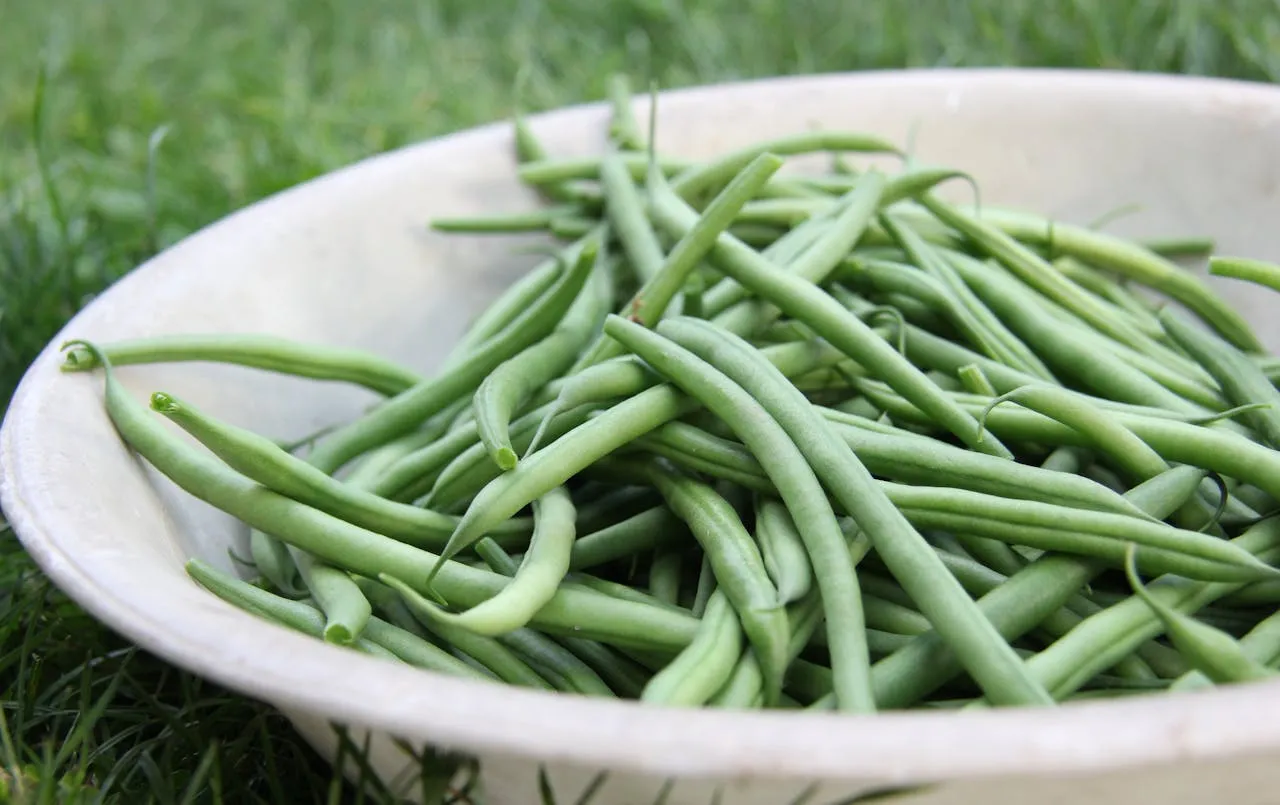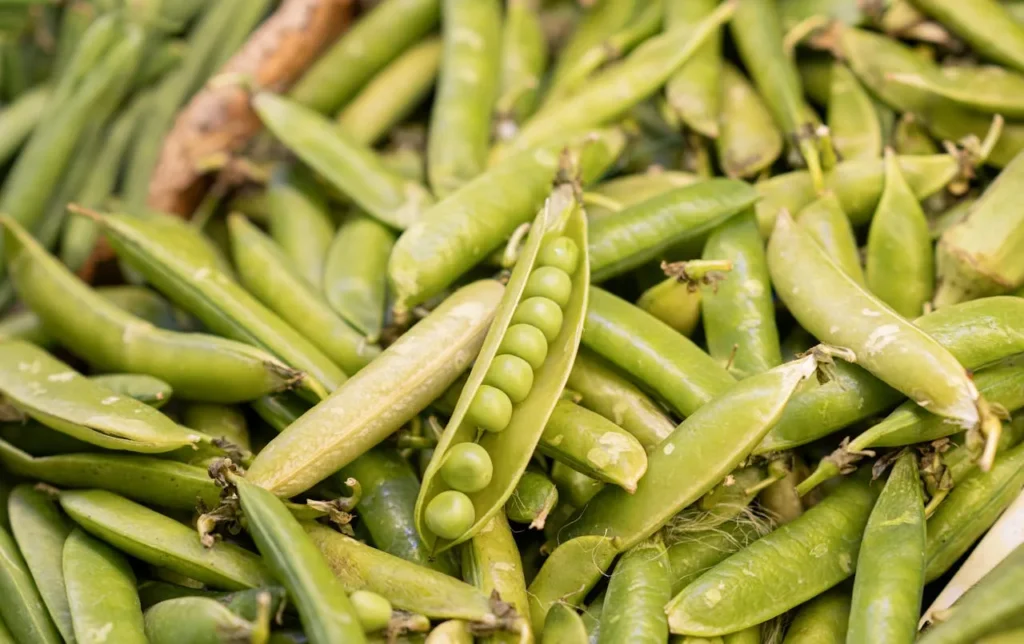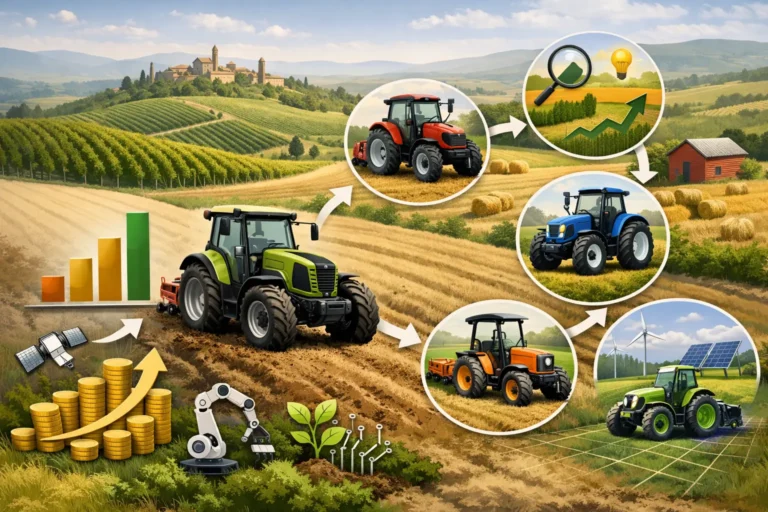
To promote sustainable food production and strengthen agricultural education in Illinois, ComEd and the Electric Power Research Institute (EPRI) recently celebrated the successful completion of their innovative Agriculture Pod (Ag Pod) pilot program. The initiative, which combines clean energy technologies with advanced farming systems, aims to bring fresh produce and educational opportunities to communities across northern Illinois. By integrating energy-efficient technologies with local partnerships, the program demonstrates how innovation in energy and agriculture can work hand in hand to create healthier, more resilient communities.
Transforming Farming Through Technology
Ag pods are a form of controlled environment agriculture (CEA)—self-contained farms built within custom shipping containers that can grow produce year-round, regardless of outdoor conditions. In December 2023, ComEd and EPRI launched the program by installing ag pods in four locations: Chicago’s North Lawndale, Bronzeville, and Englewood neighborhoods, and on the campus of Northern Illinois University (NIU) in DeKalb. Each pod is equipped with LED lighting, high-efficiency HVAC systems, dehumidifiers, recirculating water pumps, and environmental sensors that create the perfect conditions for growing nutritious food in urban settings.
The initiative is part of EPRI’s national study on controlled environment agriculture, with ComEd being one of 16 participating energy companies across the country. The goal is to advance understanding of indoor farming operations and identify sustainable, scalable solutions for food production.
“ComEd is proud to collaborate with EPRI and our community partners on this innovative farming technology to bring healthy food to neighborhoods that need it most,” said Dale Player, Vice President of Engineering & Smart Grid at ComEd. “This program is a powerful example of how electric technologies can drive sustainable solutions, and how the right investments combined with community partnership can support resilience in our communities.”
Building Sustainable Food Systems
By growing crops inside shipping containers using LED lighting and automated climate control systems, the ag pods significantly reduce water use, land footprint, and transportation emissions compared to traditional agriculture. They also enable continuous food production throughout the year, ensuring access to fresh, locally grown produce even during harsh Midwestern winters.
According to David Porter, Vice President of Electrification & Sustainable Energy Strategy at EPRI, the program has both technological and social significance:
“Demonstrating the benefits of indoor farming is an opportunity to educate communities while also delivering fresh, nutritious, locally grown produce year-round. By leveraging advanced technologies such as LED lighting, high-efficiency HVAC systems, and precision-controlled pumps, controlled environment agriculture boosts crop yields per square foot, reduces transportation energy demands, and optimizes water usage. EPRI looks forward to working with collaborators to showcase innovative, sustainable practices that promote consistent access to healthy food.”
Empowering Local Communities
Each ag pod in the ComEd–EPRI program is operated by a community organization or educational institution that tailors its use to local needs.
- Young Men’s Educational Network (YMEN) manages the North Lawndale ag pod at 1443 S. Harding Ave. The organization integrates the pod into its community garden program, growing and distributing food to neighborhood residents while employing and training youth.
- Northern Illinois University’s Edible Campus Program operates an ag pod at Anderson Hall in DeKalb. The pod serves as a living laboratory for research in sustainable agriculture and supplies produce to campus dining halls.
- Grow Greater Englewood, located at 5812 S. Green St., uses its ag pod to cultivate vegetables and herbs for distribution to Englewood residents.
- Emerald South Economic Development Collaborative runs the Bronzeville ag pod at 4927 S. Indiana Ave., where produce is grown and shared with local communities.
Through these partnerships, the ag pods have produced a variety of crops, including leafy greens, herbs, and root vegetables. Each organization received training from ComEd, EPRI, and the pod manufacturer to operate and maintain the systems effectively.
ComEd and EPRI Complete Agriculture Pods Pilot Delivering Fresh Produce Across Northern Illinois

A Year of Measurable Success
After a year of operation, the results speak for themselves. The YMEN ag pod alone produced nearly one ton of fresh, nutrient-rich produce—proof that indoor farming can thrive in urban environments while supporting local economies and educational programs.
“After operating the ag pod for one year, we have been able to produce almost one ton of fresh, leafy, high-nutrient (and may I add… delicious) produce that is making our neighborhood stronger, healthier, and better,” said Michael Trout, Founder and Executive Director of YMEN. “This agricultural tool has been a laboratory for learning as we embrace new and innovative ways of growing in urban neighborhoods using vertical shelves, drip irrigation, and a controlled growing environment that ensures we can grow fresh vegetables 365 days a year. More than 73 young people, age 12 to 24, were employed to work with the Garden 2 Table Pipeline, a resilient food system which is home to the ComEd/EPRI Ag Pod in North Lawndale. Our young people see themselves as part of the solution fighting food insecurity in our community.”
To celebrate these achievements, ComEd and EPRI held ribbon-cutting ceremonies at the YMEN and NIU sites, recognizing the success of the first year of the program and the dedication of the participating organizations.
Academic Innovation and Research
At NIU, the ag pod has become a cornerstone of the university’s sustainability and engagement efforts. Students and researchers use the facility to study energy-efficient agricultural systems and experiment with new growing techniques that could be replicated elsewhere.
“We are pleased to partner with ComEd and EPRI on this innovative project that combines education, sustainability, and technology,” said Dr. Rena Cotsones, Vice President for Outreach, Engagement and Regional Development at NIU. “The Edible Campus ag pod has become a living classroom for our students, advancing research in sustainable food production while supplying fresh, locally grown produce to our campus community. This collaboration represents NIU’s commitment to hands-on learning and to creating solutions that benefit our region and beyond.”
Smart Farming Meets Smart Energy
What makes the ag pod program especially unique is its integration of data-driven energy management. Each unit features a remote-control system that allows operators to adjust lighting, temperature, humidity, and watering schedules to match the needs of specific crops. EPRI and ComEd also implemented a custom monitoring and verification (M&V) system that collects real-time data on energy use, water consumption, and other environmental variables.
This system not only helps evaluate each farm’s efficiency but also provides valuable insights into how such technologies can be scaled up for broader agricultural applications. The findings will guide future innovations in clean energy and sustainable food systems across the country.
A Vision for the Future
The ComEd–EPRI Ag Pod program represents a model for how technology, community engagement, and sustainability can intersect to address food insecurity and climate challenges. By producing local food efficiently and sustainably, the project showcases how urban areas can reclaim control of their food systems while reducing environmental impact.
As ComEd and EPRI continue to analyze data from the Illinois installations, they plan to share insights with policymakers, educators, and utility companies nationwide. The program’s success demonstrates the potential of electrified agriculture to transform how and where food is grown—paving the way for a cleaner, more resilient, and equitable food future.
At its core, the ag pod initiative is about more than just growing vegetables—it’s about growing opportunity, knowledge, and community resilience. Through collaboration and innovation, ComEd, EPRI, and their partners are proving that sustainable farming and smart energy can work together to feed both people and progress.





